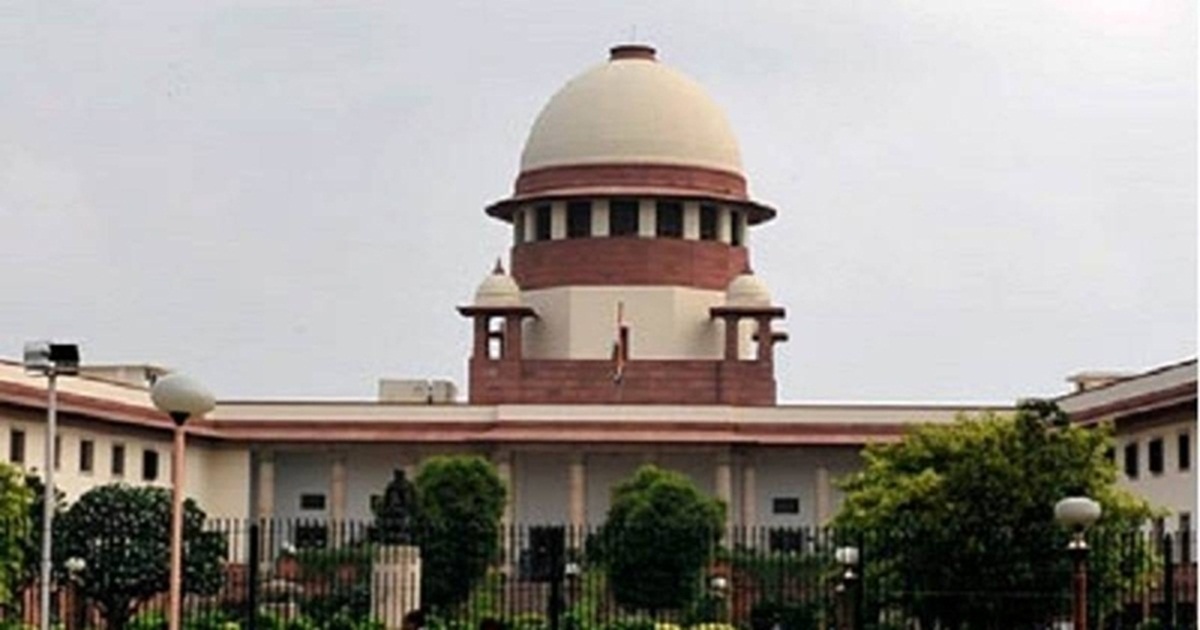Mumbai: The Supreme Court of India may not entertain the Kerala state government petition seeking to abrogate the Citizenship (Amendment) Act, 2019 (CAA). According to constitutional expert Advocate Ashish Giri, the Constitution of India has clearly laid down the jurisdictions and issues on which the Center and the State’s can enact laws. At best the SC may seek a response from the Center on the petition, he added.
The Center will reiterate the reply it had given by Union Home Minister Amit Shah while piloting the Citizenship (Amendment) Bill (CAB) in both the houses of the Parliament, argues Advocate Giri. The Left Democratic Front (LDF) government has already failed to get its resolution urging the center to abrogate CAA, ratified from Governor Arif Mohammad Khan.
The Kerala Governor had refused to sign the resolution arguing that the state legislative assembly has no jurisdiction over the issue. The State of Kerala has filed an Original Suit under Article 131 of Constitution of India urging the Apex court to set aside the Impugned CAA.
However, as per Article 131(A) which deals with the exclusive jurisdiction of the Supreme Court in regard to questions as to constitutional validity of central laws. The said provisions were repealed by the Constitution (Forty-Third Amendment) Act, 1977, which became effective from April 13, 1978.
In its 35 page petition the State of Kerala argues “the Impugned Amendment Act, the Impugned Passport Rules and the Impugned Foreign Order Amendments are class legislations harping, interalia, on the religious identity of an individual, thereby contravening the principles of secularism, which has been recognised repeatedly by this Honourable Court as a basic structure of the Constitution”.
The religious classification brought forth violates the twin test of classification under Article 14, the protection of which is not limited or restricted to Citizens alone and extends to all persons.
The Impugned Amendment Act in question is a colourable legislation; in as much as there is a constitutional prohibition to makes the said legislation in violation of the secular nature of the Constitution; but despite the same, the Legislature has enacted it. The petition further terms the grouping of religion and countries as not founded on any rationale principle justifying a separate special treatment for the irrationally chosen class of religious minorities facing persecution on the basis of religion therein.
However, after questioning the rationale in grouping of religion and countries terming it as against the Secular nature of the constitution, the State of Kerala in the same petition raises questions over alleged discrimination of migrants from other countries such as Muslims in Sri Lanka, Rohingyas in Myanmar and Bhutan. It further argues that “the Impugned Amendment Act has resulted in religious based exclusion of Muslims from the benefit of acquiring citizenship through naturalization”.
It then further widens the scope to argue that “all persecutions are not solely based on religious grounds alone and are for varied reasons like ethnicity, linguistics etc. They do not cover the persecutions on the grounds of ethnicity, linguistics etc even in the said class of three countries. They do not cover the ethnic issues of Balochs, Sindhis, Pakthuns and Mohajirs in Pakistan and the Bihari’s in Bangladesh”.
“Thus, there exists a dispute, involving questions of law and fact, between the Plaintiff State of Kerala and the defendant Union of India, regarding the enforcement of legal rights as a State and as well for the enforcement of the fundamental, statutory constitutional and other legal rights of the inhabitants of the State of Kerala. Hence, this Original Suit under Article 131 of the Constitution is being preferred”, the State of Kerala argues further.
What is pertinent to note here is that the petition before the SC echoes somewhat similar sentiments that the resolution passed by the Kerala State Legislative Assembly on December 31, 2019 urging the Center to take steps to abrogate CAA. As stated earlier, that resolution was turned down by the Governor.
The two paged Resolution had argued “the Citizenship (Amendment) Act, 2019 is one which contains provision for granting citizenship to followers of Hindu, Sikh, Budha, Jaina, Parsi and Christian religions who have migrated to India from countries viz. Pakistan, Bangladesh and Afghanistan before 31st December 2014 and denies it to Mulisms. When Citizenship is decided in terms of religion, the doctrine of theocratic state is being institutionalised. As this is in stark contradiction to the secular perspective put forth by the Constitution, this law is not in conformity with the basic structure of the Constitution”.
The resolution then went on to state, “in view of the apprehensions being created among a large section of people in our country, the Kerala Legislative Assembly requests the Central Government to take measures to abrogate the Citizenship (Amendment) Act, 2019, which will lead to discrimination on the basis of religion while granting citizenship and thereby jeopardising secularism envisaged in the Constitution”.




